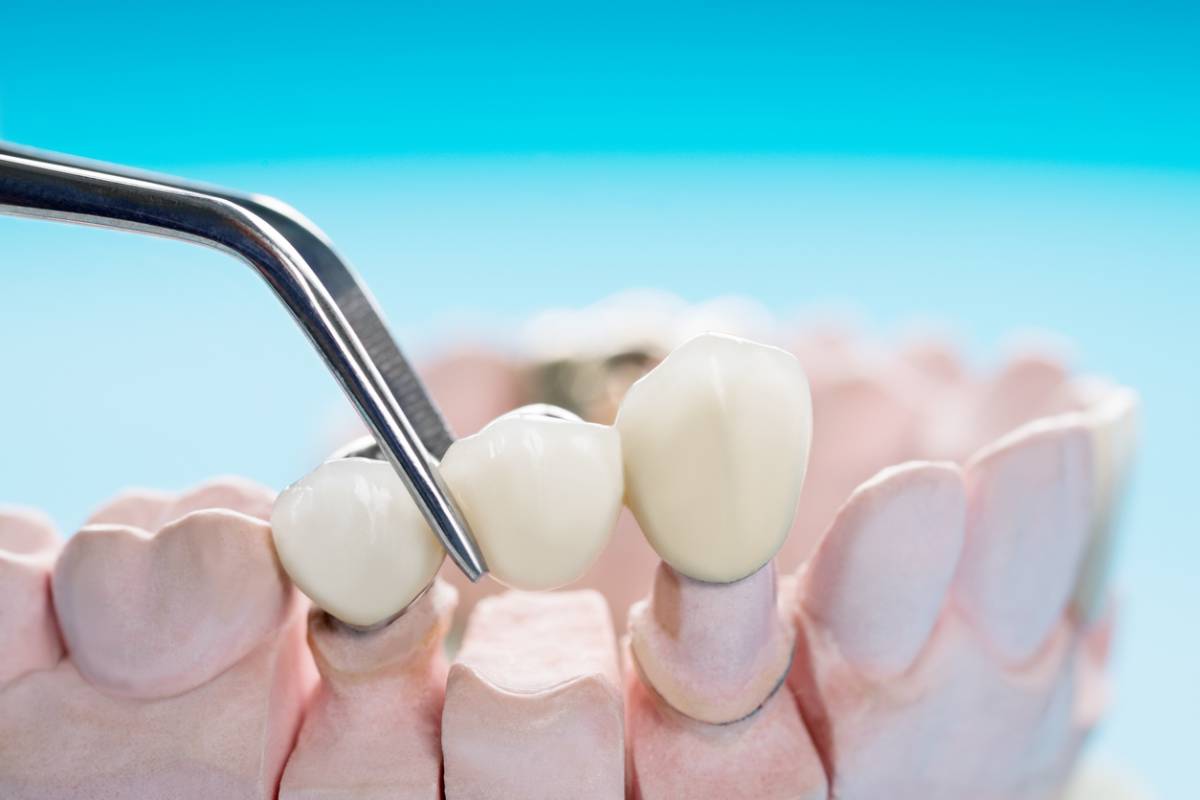Dental bridges are meant to bridge the gaps between your teeth that can be left by missing, broken, or extracted teeth. Ultimately, they will reinforce the strength of your mouth and avoid dental problems in the future. However, anyone who is new to any kind of cosmetic dentistry in Glendora will likely wonder how to avoid dental bridge problems as well. Is it painful? How long does it take to heal? Can bridges be brushed and flossed like regular teeth? Keep reading to get answers to all of these questions and more with our short guide to avoiding issues with your dental bridges.
What Are Dental Bridges?
Bridges will literally “bridge” the space between two teeth together with a composite resin material made to look, feel, and behave like your natural teeth. This creates a wall and a structure that keeps the teeth on each side from caving inward. Not to mention, the longer you let your mouth stay with missing teeth, the more deformed your jawbone can be. It’s important to act fast and learn about simple yet effective bridges by contacting your dental experts at your earliest convenience. By taking care of them the right way, you can keep your dental health strong and avoid problems moving forward.
Is Anesthesia Necessary?
Anesthesia will likely be required for the procedure of getting dental bridges placed. If this is the case, it may be best to refrain from chewing hard for a while. The sedative’s numbing effect can make it more likely that you will bite your lips, cheeks, or tongue. You should not chew on the bridge as it can become loose and fall out.
Initial Recovery Process
For the procedure of placing dental bridges, anesthesia is likely to be necessary. It is best to avoid eating hard foods like candy and vegetables while you wait for the procedure to be completed. Because of the sedative’s numbing effects, it is more likely that you will bite or lick your cheeks, tongue, or lips. The bridge structure should not be chewed as it could become loose or fall out. During recovery, you will need to ensure that your bridge and your possible crown stay in the right place.
How to Avoid Dental Bridge Problems
You will need to refrain from eating anything too hot or cold for a few days. You may find some foods too difficult to consume. Avoid chewing gum or ice on the bridge area. This could cause damage to the implant. Your dentist can fix any problems that you are dealing with, such as a swollen or distorted bite, which can come from infection or physical injury.
It is very important that you continue to floss and brush your teeth as usual. The bridge is made from composite porcelain. But it can still end up damaged and decayed just like natural teeth. You wouldn’t want to do any damage to your cosmetic dentistry like you would to other teeth.
Enjoy Quick Results After Your Dental Implant Procedure
After the procedure wraps up, you will see results almost immediately. There may be some discomfort or pain as you heal. It might be worth taking a break from work to relax and rest. In a matter of weeks, the swelling and inflammation will disappear from your cheeks and mouth. The bridge may feel awkward at first, but it will soon become a natural part of your mouth.
Get the Best Dental Bridges in Glendora Today
Dental bridges are a way to support your missing or damaged teeth. The longer you wait to restore your function, the worse your dental health will be. It doesn’t mean you have to suffer from the inability to chew, swallow, speak, or smile for the rest of your life. Instead, consider investing in top-notch dental bridges in Glendora for a life of comfort and functionality. Get in touch with us now to learn more!



